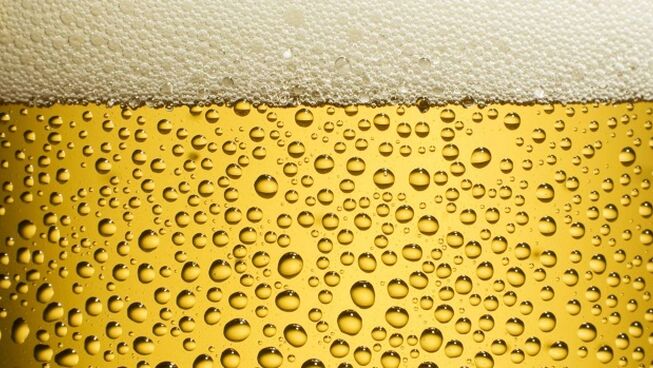A glass of punch: the problem of alcohol fueled violence

Australia has always had a deep relationship with alcohol. Modern Australia got under way with rum as a form of payment and as source of rebellion. And whose psyche hasn’t been deeply and profoundly touched by the VB adverts of the eighties? In the Australian heat, hard earned thirsts come quick and fast. Matter o’ fact, I got one now and I’m just sitting in front of a laptop. And even when I was too young to work up a thirst, my old school bus driver was fond of country music and so we were bathed in the warm tones of Slim Dusty encouraging us to have a drink with Duncan. It is okay though, we never got rolling drunk, until we were old enough to drive.
But now, this relationship seems to have taken a nasty turn with the death of two young men due to alcohol fuelled violence. The question is, what do we do about it?
The O’Farrell NSW state government has opted for legislation that leads to early lockouts and limits on hard liquor. This is going to be the law. And many complain that is curbing their freedom. And they are right, the law is a blunt force weapon that hits everyone in the vicinity, even innocent bystanders. And joined with this complaint is the observation that the two young men were both hit and killed in the early hours of the night, not the early hours of the morning, well before there would be any lockout.
And yet, given the value of human life, could it be that a blunt instrument like the law is needed? If the early lockouts affect the whole drinking culture and have a significant impact on pre-loading, wouldn’t that be worth it? This is how many of us feel when we think of the two young men killed. I have four boys who are not yet teenagers, but they really are not that far away from the land of going out.
And yet, I have a lot of sympathy for bar, club and night club owners. A pub in Brisbane sent me an email pointing out that increasing legislation was not the answer. Legislation like that planned in NSW affects the whole community. It limits the freedom to drink and access to public venues for thousands of individuals. The email pointed out that what is needed is more personal responsibility which the law can’t bring.
And this is exactly right. The law can’t create that sense personal responsibility where other people matter. It might be able to modify behaviour, if the drinking culture can be shaped or if the consequences are grave enough. However legislation cannot change the heart. We’ve seen that already – those that perpetrated the king hits seemed intent on getting drunk and doing damage to people around them.
In fact, one night club owner from Fortitude Valley in Brisbane (affectionately known as ‘The Valley’) interviewed on Triple J puts his finger right on the problem. He said “the problem is deeper” - we need to go deeper than the law. This sentiment has been echoed by social commentators and others.
But what is the deeper problem? No-one seems to want to go there. Everyone says there is a deeper problem but no one actually says what it is.
What is the deeper problem that legislation cannot fix and education won’t solve?
What is the deeper problem with us as people that we head down a path that we suspect will lead to damage and darkness - but we still choose to walk down it and call it a bit of fun?
For if we can work out the deeper problem we can come to the deeper solution.
Strangely enough a bloke called the Apostle Paul, who wrote slabs of the New Testament, agrees with the pub owners. In his letter to Roman Christians, he reckons legislation won’t fix the deeper problem, even if the legislation is God’s law. In fact so deep is the problem that when legislation comes along people deliberately go out of their way to break it.
And the reason people do this is because the deeper problem is us. The deeper problem is our very own human heart. That is why legislation doesn’t work - it doesn’t touch the heart. That is why education doesn’t work - it might touch the mind but it struggles to change the heart.
This brings us to the other aspect: the depth of the problem. This isn’t a lightweight problem; it is a profound problem of bewildering complexity. Paul wrote that even when we don’t want to do the wrong thing somehow we can’t help but do it. This is the reason some of us go out for a quiet drink and it becomes a binge, even though we swore we’d never binge again!
Paul has reflected on this aspect of human nature, even in himself. This is the conclusion he comes to:
For I know that nothing good dwells in me, that is, in my flesh. For I have the desire to do what is right, but not the ability to carry it out.
(Paul’s letter to the Romans, chapter 7)
The problem with alcohol fuelled violence is not ultimately the alcohol. It is with the person holding the glass. Us.
And, what solution does Paul propose? He goes on to show how by submitting to Jesus, God gives us a new heart with new desires and new possibilities. This new heart doesn’t need legislation to tell it how to treat people or how much to drink.
That’s something to raise our glass to.


